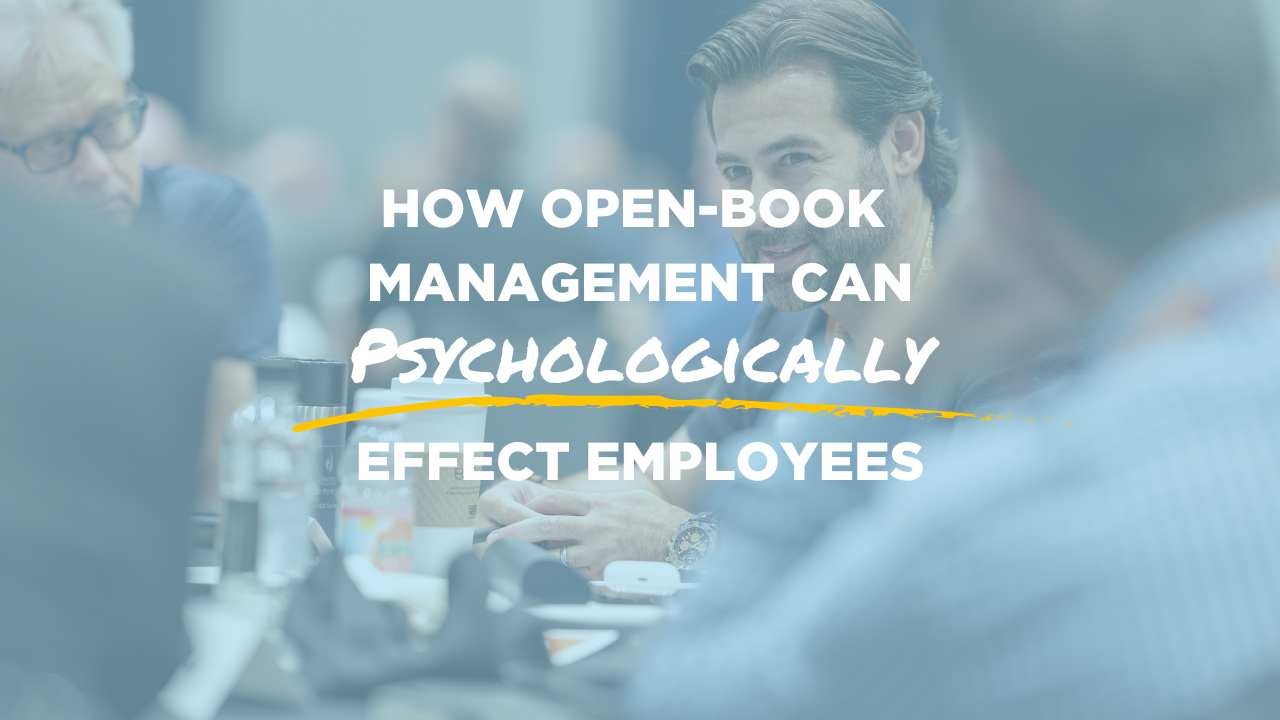 A recent New York Times article featured a Q&A with David Rock, the director of NeuroLeadership Institute. In the article, Rock explains his analysis of employees’ motivations and behaviors with the acronym “SCARF” (status, certainty, autonomy, relatedness and fairness). In explaining each of the SCARF spheres, Rock summarizes how the presence of management can serve as an ongoing threat or reward for employees:
A recent New York Times article featured a Q&A with David Rock, the director of NeuroLeadership Institute. In the article, Rock explains his analysis of employees’ motivations and behaviors with the acronym “SCARF” (status, certainty, autonomy, relatedness and fairness). In explaining each of the SCARF spheres, Rock summarizes how the presence of management can serve as an ongoing threat or reward for employees:
When a leader walks in the room, everyone else’s status goes down, everyone’s certainty goes down, everyone’s autonomy goes down. The relatedness to the leader goes down. And often fairness will go down in particular just because leaders are paid so much more money for what can look to others like less work. So what you see in general situations at work is people feeling a threat in all five domains, just due to their boss’s existence.
Rock goes on to mention that some companies are working to increase employees’ level of certainty by practicing open-book management. What Rock doesn’t detail in his explanation is how open-book management can help to increase the sense of reward in all of the domains of SCARF. Below, you’ll find a more detailed summary of all the five areas of SCARF along with some best practices in open-book management that have helped increase reward and decrease threat.
Status: Where you are in the pecking order. We prefer a clear arrangement of status. Traditionally, managers are high status; they like to feel smart.
Managers who choose to be a part of an open-book culture tend to have specific personality traits: they care about their employees, they want to “do what’s right”, and they are humble. OBM managers understand that they don’t have to have all of the answers; employees have more visibility to everyday problems and can likely provide very practical solutions.
Certainty: Ability to predict what comes next; holding multiple possible futures is cognitively exhausting. The boss often creates change and chaos with mere presence.
Having access to the books, or company financials, can help give employees a sense of certainty. However, there is a significant difference between sharing historical financials and teaching forward-looking financials. Let’s face it; you can’t change history…so looking at historical financials will not provide the same sense of certainty and security as keeping employees in the loop about where the company is going.
Autonomy: A sense of control (not prediction, as with certainty). When the boss is around, autonomy goes down, because he/she maintains the control.
Businesses, even those who aren’t open-book, are swiftly moving away from the traditional command-and-control structure and allowing employees to be more involved in everyday decisions. As Jack Stack says, “Your employees are inherently more intelligent than you give them credit for.” So why not capitalize on their intelligence and job knowledge and give them some of the control? Most open-book companies find that giving employees a sense of control will encourage them to actively look for ways to improve the business.
Relatedness: Decisions we make based on the friend or foe factor. Shared goals help create “friend” or “in” groups. Employees have a higher level of respect for those in their “in” group.
Relatedness can be tied directly to involvement and visibility. In open-book companies, managers tend to be more involved and interact more frequently with employees. Through this interaction, managers get to know employees on both a professional and personal level. The reward is created when managers use that knowledge to show interest in employees’ personal and professional development. This is how open-book management effects employees personal lives.
Fairness: An individual’s judgment of any exchange. Even a rewarding exchange can be judged as a threat if someone else is given a greater reward.
A big misconception for companies considering open-book management is that you have to share salaries. Not true. As SCARF suggests, knowing how everyone else is compensated will create animosity in the company. Best practice in open-book companies is to teach employees that the marketplace sets the wages; if the employees can help the company achieve better results, there will be more of a reward for everyone to share in the end.
So there you have it: status, certainty, autonomy, relatedness and fairness; all dynamics that can be positively affected through open-book management. Which of these five areas would improve (or already has improved) through practicing open-book management?
.png)








.png)




-5.png)

